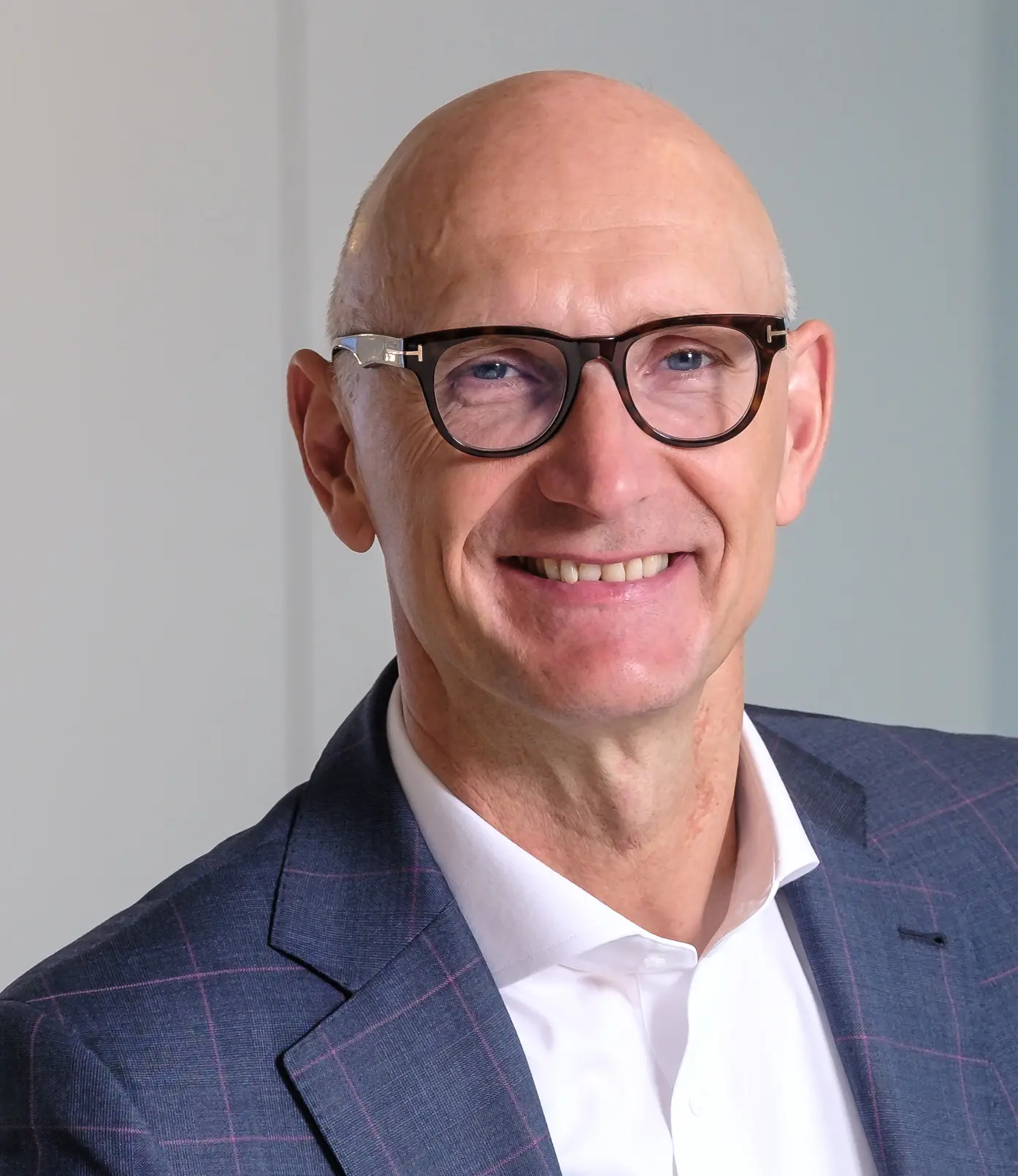
Foreword by Tim Höttges
Finding solutions
means finding the courage
for open dialog, even beyond
the boundaries of a company.
Let’s all dare to be
more transparent!
Finding solutions means finding the courage for open dialog, even beyond the boundaries of a company. Let’s all dare to be more transparent!
Highlights from the Reporting Year 2023
Highlights in numbers
CO₂e-Emissionen Scope 1&2
- 7 %compared to 2022
CO₂e emissions scope 1–3
- 1 1 %compared to 2022
Take-Back
1 4 . 5 m .CPE & mobile devices in 2023

Transition plan
Our long-term
goal: climate neutrality
(net zero) by 2040. Our route:
the transition plan
Our long-term goal: climate neutrality (net zero) by 2040. Our route: the transition plan

2023 saw us ramp up our climate targets once more and submit them to the Science Based Targets initiative for review. As a result, we are the first DAX heavyweight with a verified, science-based net-zero climate target. Our milestones will be achieving a 55 percent reduction in Scope 1 to 3 emissions by 2030 and a minimum reduction of 90 percent by 2040, relative in both instances to 2020 levels. We will offset the remaining emissions by means of sophisticated carbon capture projects. Our first transition plan shows our stakeholders the phases on the road to net zero.

Human rights
Human rights
are a matter of course, but they
cannot be taken for granted
Human rights are a matter of course, but they cannot be taken for granted

Deutsche Telekom procures goods and services from all over the world. We expect our business partners to commit to upholding human rights, an understanding which then goes on to form the basis of our contracts. In 2023, we extended our processes in the updated Code of Human Rights, thereby creating the conditions for identifying risks earlier and more effectively. Preventing them is a job for each and every one of us.

